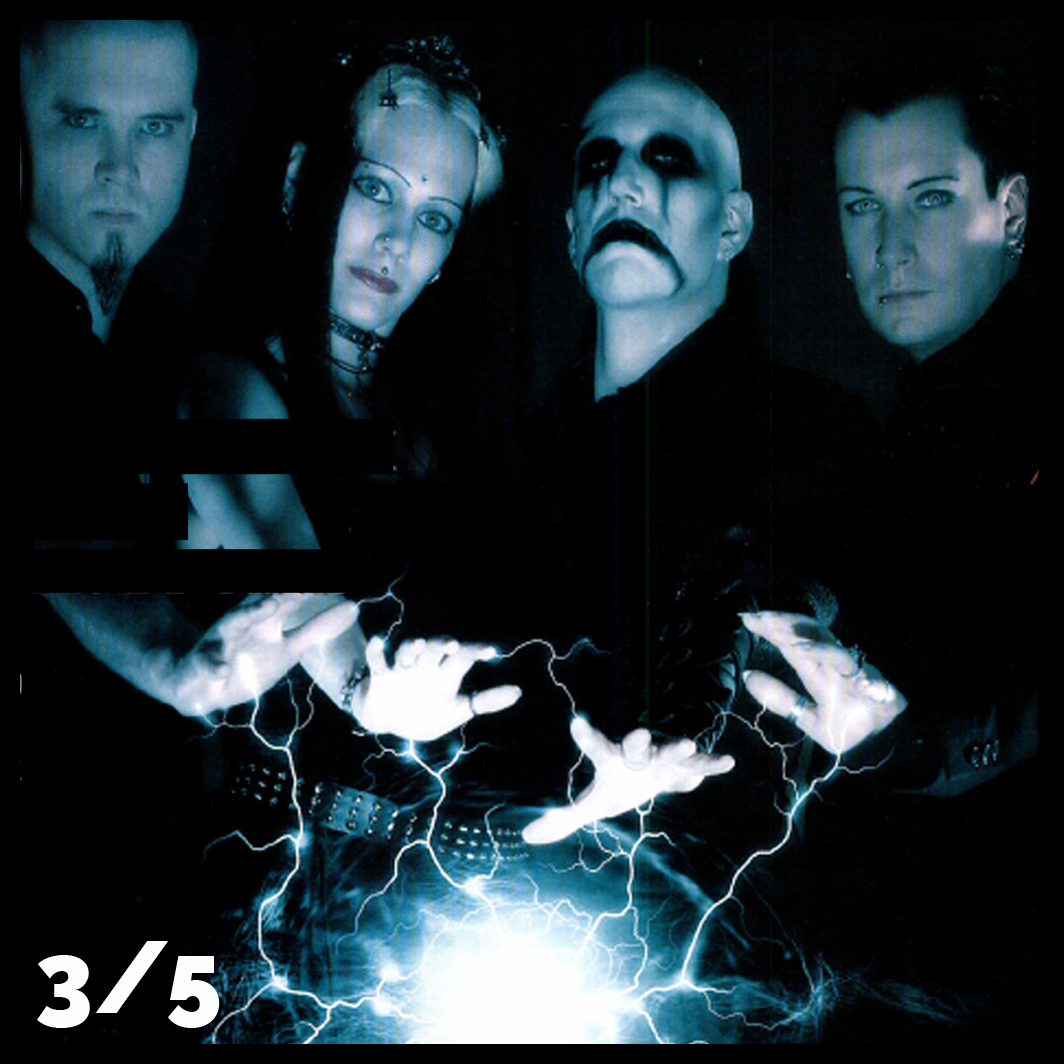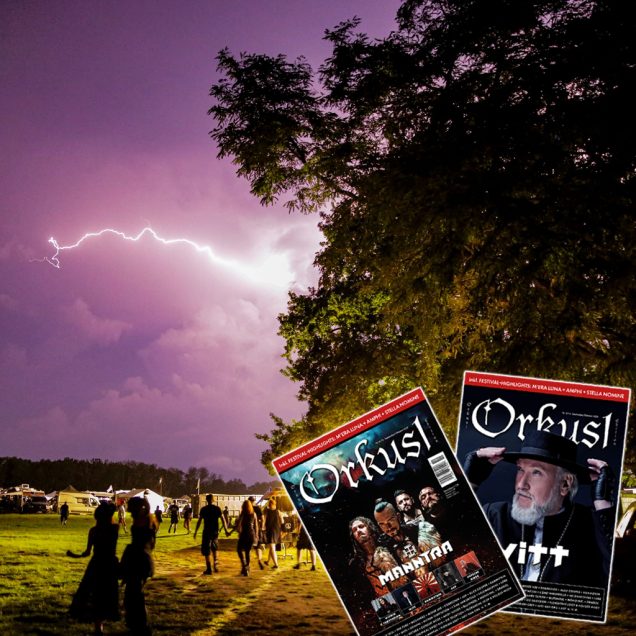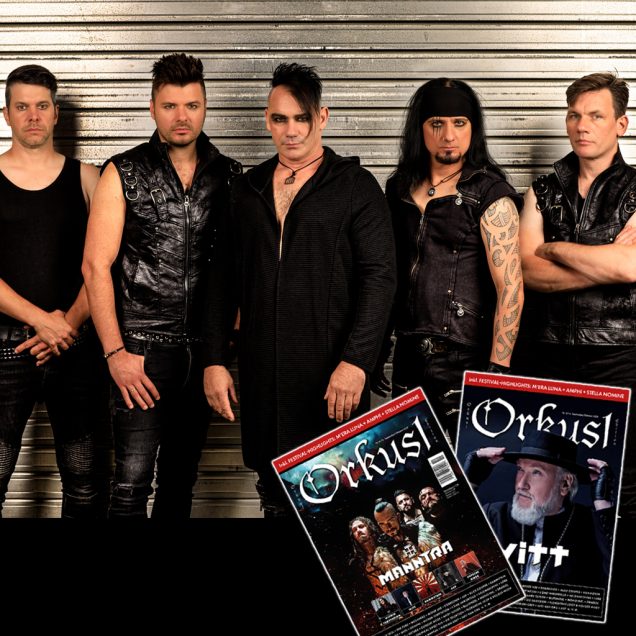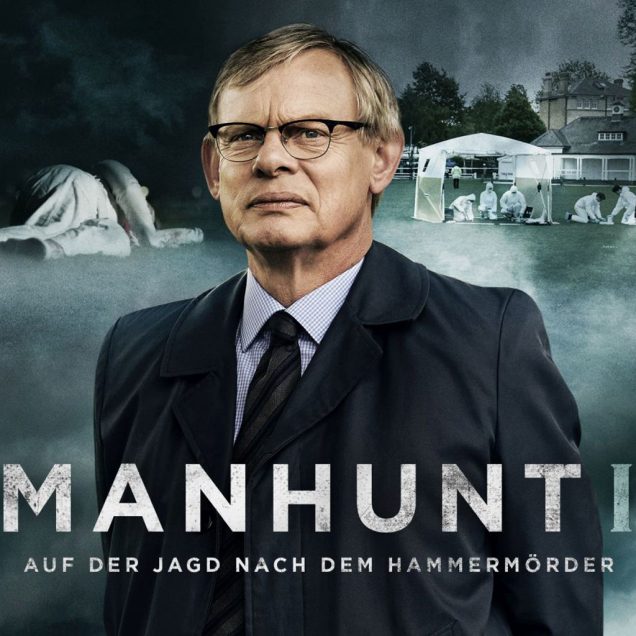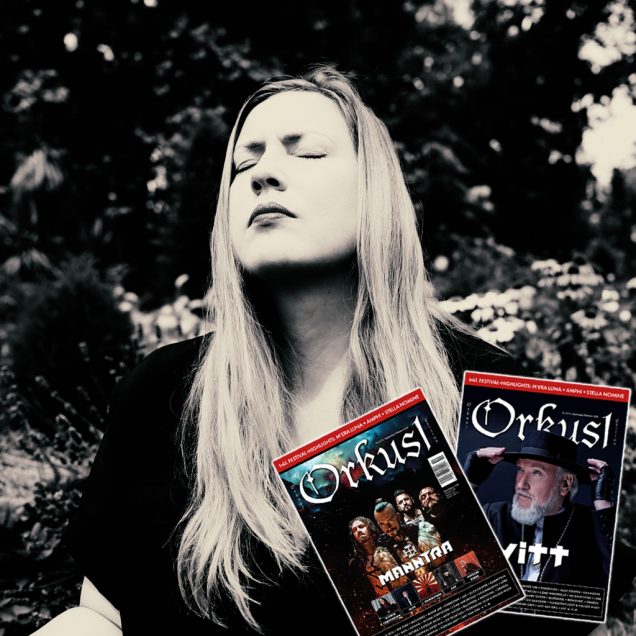20 years ago: ASP + BLUTENGEL + SANGUIS ET CINIS + SAMSAS TRAUM in interview!
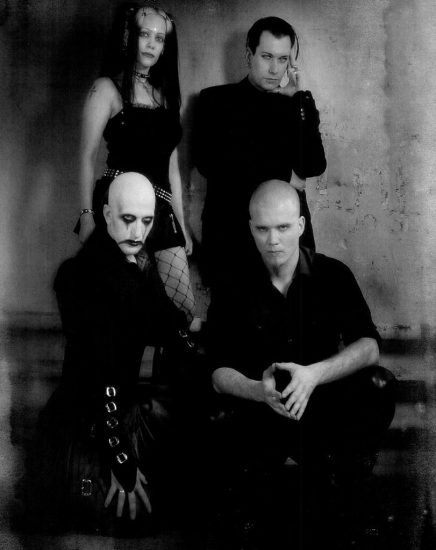
From the spirit of cooperation – part 3
(The following interview was first published in the Orkus! issue September 2003)
20 years ago Alexander Kaschte realized with Samsas Traum with the album “Tineoida oder: Die Folgen einer Nacht. Eine Gothic-Oper in Blut-Moll”, a scene music collaboration in a class of its own. We look back and continue the interview with him, Asp, Blutengel and Sanguis et Cinis. Now we address collaborations in the black scene in general with the four artists.
Alexander: “It’s not about someone else’s track being on my record, it’s that someone else picked up my spirit and then worked that in.”
Orkus: Assertion: Mutual cooperation is slowly taking over in our scene!
Asp: No.
Alexander: I have never collaborated with another artist in my whole life. This is now the first time I have done this.
Asp: I don’t know what you mean either. “The cooperation” does not exist or exists only very little. There is only this remixing….
Alexander: … which is based on postal packages!…
Asp: … and there are things that, let’s be completely honest, the record companies and the label negotiate who is good for whom right now. But collaboration in such a way that artists do something together in the scene is very rare. That’s what’s interesting about Alexander’s project: that he simply invited people to participate, and that so many accepted without asking what was in it for them. I’ve talked myself into a bit of a rage now, but I also feel a bit personally attacked there in relation to the “Zusammenkunft E.P.”, because there were people who accused me of simply picking artists who are hip at the moment and simply releasing a remix album with them. But I never thought of it that way, I always looked for people whose contributions I thought would be interesting. And we’re just realizing, and I think that’s the beauty of it, that cross-fertilization also pays off. For example, it came out that Samsas Traum and ASP are doing a joint tour. Not because we expect to fill huge halls, but because we get along well.
Alexander: Because even though the music may sound different and we approach our albums differently, the human side, the harmony works perfectly. This spirit in terms of making music and also living music is the same for both of us. It is also this spirit that then makes up this collaboration. It’s not that someone else’s track is on my record, it’s that someone else picked up my spirit and then worked it in.
Asp: It’s also very gradual, how you get to know each other, how you do things together. I never thought you could just email Chris Pohl, present a concept, and get a sympathetic response. At the end of the day, you only read the preconceptions, and it’s only when you get in touch that you realize that the person behind the name is nice, writes back, can show enthusiasm.
Alexander: I can only confirm that, I felt the same way.
Chris: You just have a completely different image of each other. Samsas Traum, for example, I imagined completely differently.
Orkus: How?
Chris: As a long-haired, ripped guy, a bit of a mess, scattered. But that’s what’s so exciting about meeting people in person. You can see who is really behind it.
Orkus: Does this image of the unapproachable scene star bother you? Or is it sometimes convenient, because then a lot of bands or artists don’t even try to contact you about collaborations?
Chris: It doesn’t really bother me because, as you can see, it doesn’t stop people who are really interested in my collaboration. If you really want something, especially if the music is really in the foreground, you should just allow yourself to ask. If you get a rejection, you can put that away.
Orkus: Would it perhaps be good and useful for our dark scene if there were such collaborations, even on a smaller scale, more often?
Constance: I think so. Regardless of making music, there used to be more cohesion in the scene among people as well. Maybe then it will also be an impetus for the respective fans to see that the musicians are doing something together and not just against each other and begrudge each other their successes.
Chris: Unfortunately, this envy and resentment are permanently present. People only ask each other about sales figures, while most of it is not true anyway. Sure, I would also like to have maximum success. But it is not the most important thing, and especially a collaboration should be free from whether someone has a big name. The decisive factor is the music – it must be exciting, interesting and controversial.

Orkus: Does the cooperation between bands work better in Austria?
Celine: So, I haven’t heard anything about that.
Orkus: Does everyone go their own way?
Celine: There’s no way there’s collaboration on the scale that there is now with Samsas Traum.
Orkus: And smaller?
Alexander: There are simply fewer bands in Austria than in Germany.
Celine: We’re also not that involved and don’t get much of what’s going on in the Austrian scene.
Interview: Axel Schön, Christian Hector
Text: Axel Schön
Photos: Jens Howorka
Layout and image editing: Ingo Römling
In one week we will continue with part 4. Then we talk with the four artists about the term “Gothic” – life struggles and clichés.
You can read the nostalgia review of “Tineoidea” here:
Listen to the album on Spotify:
